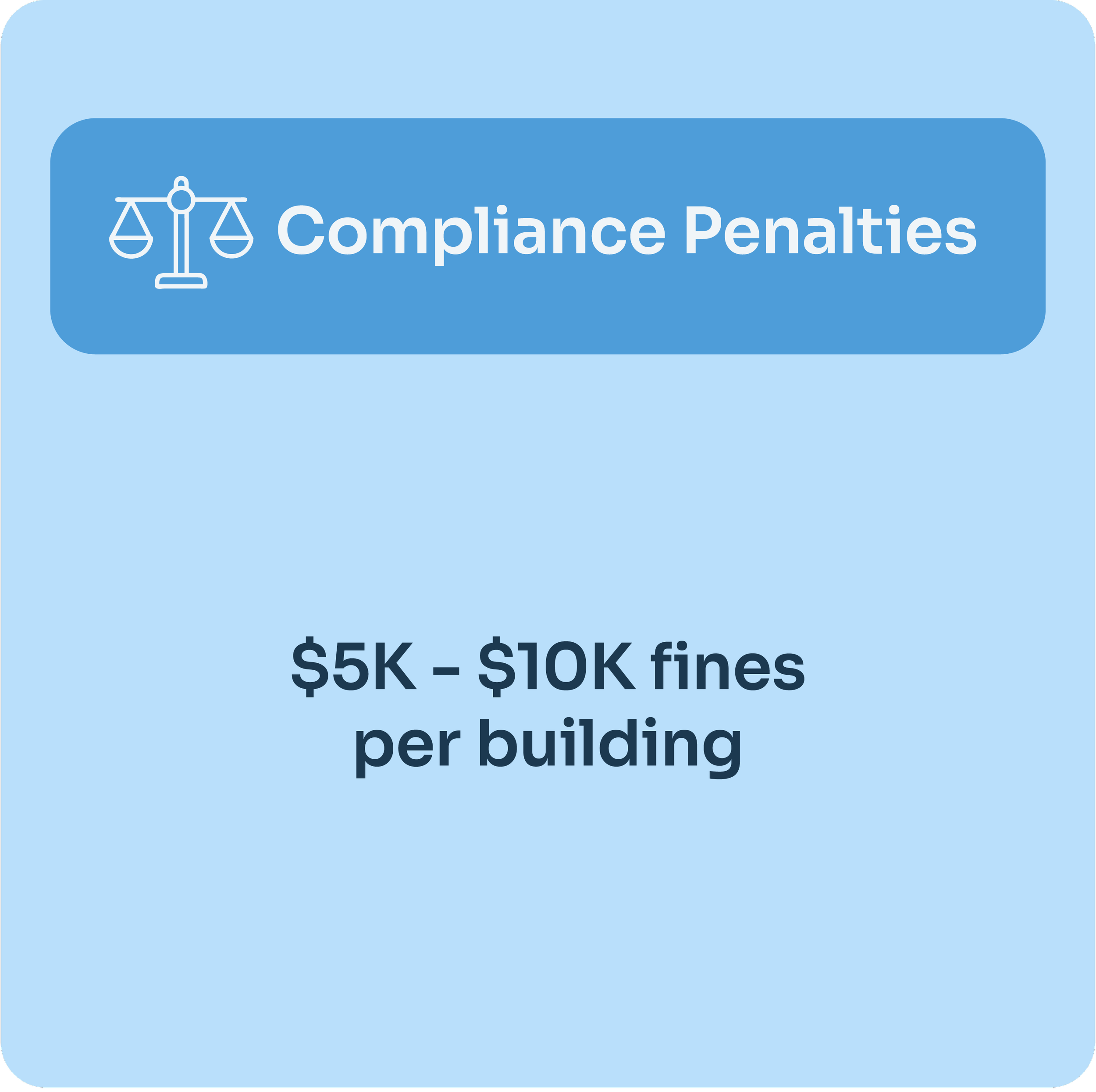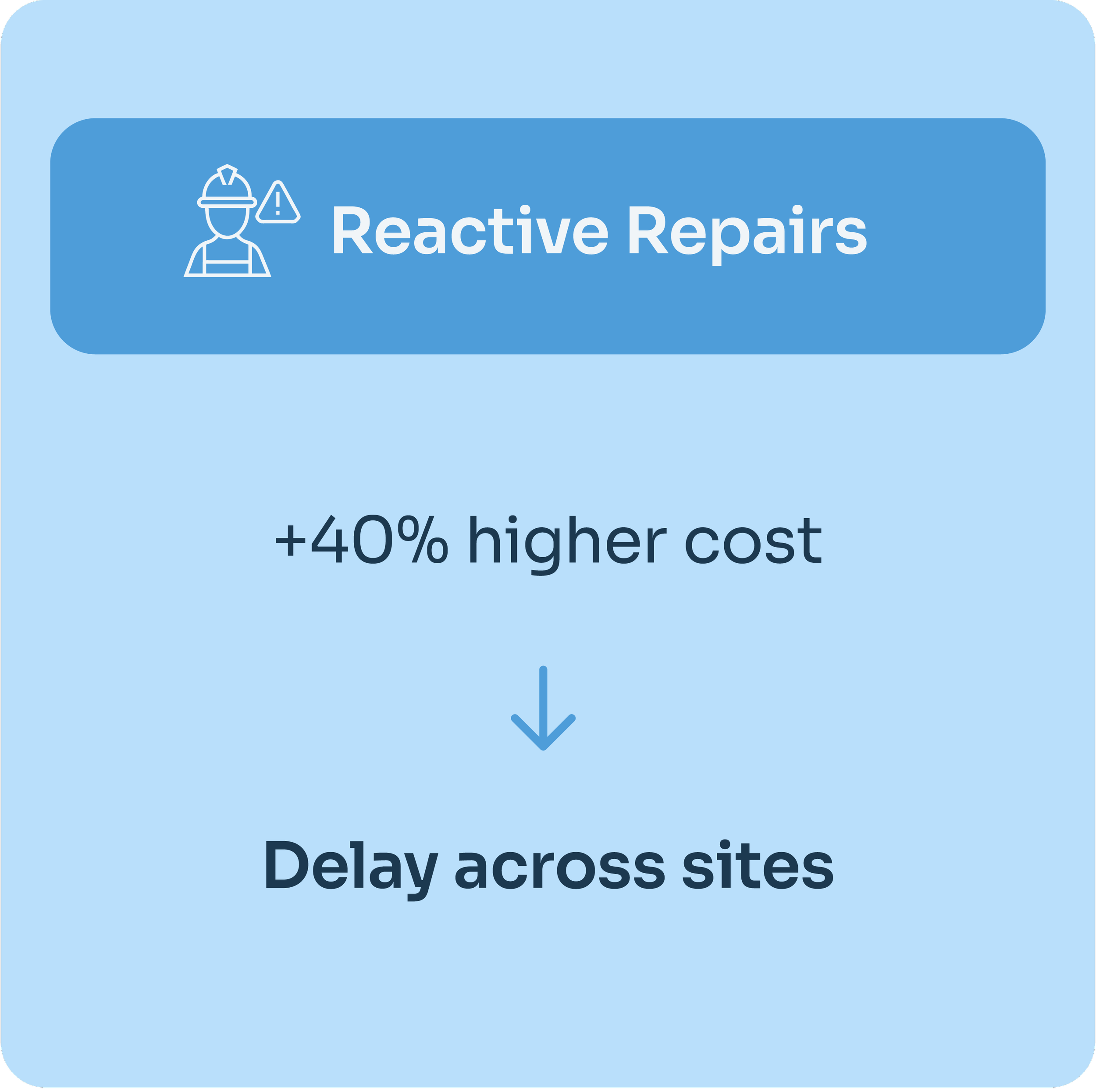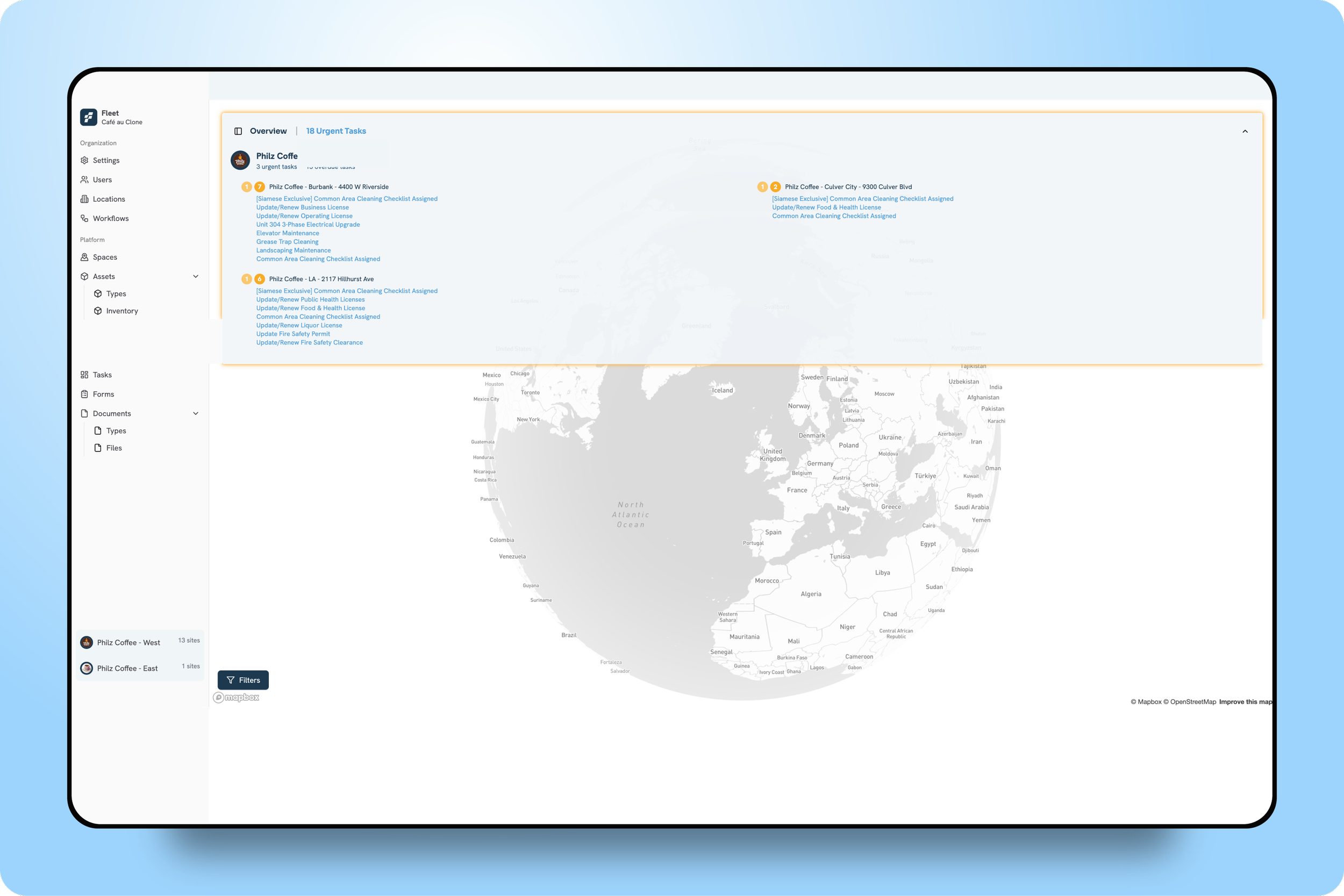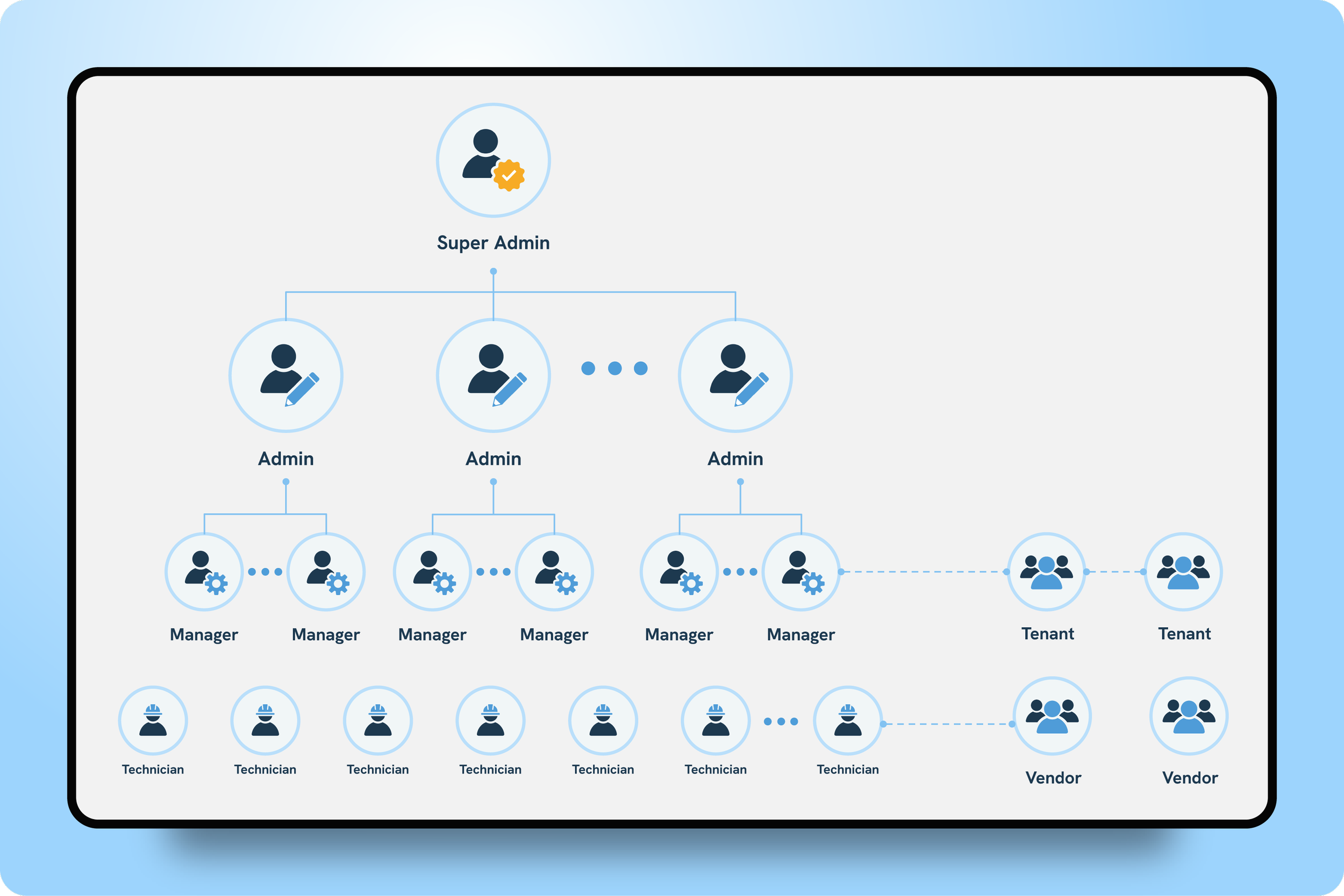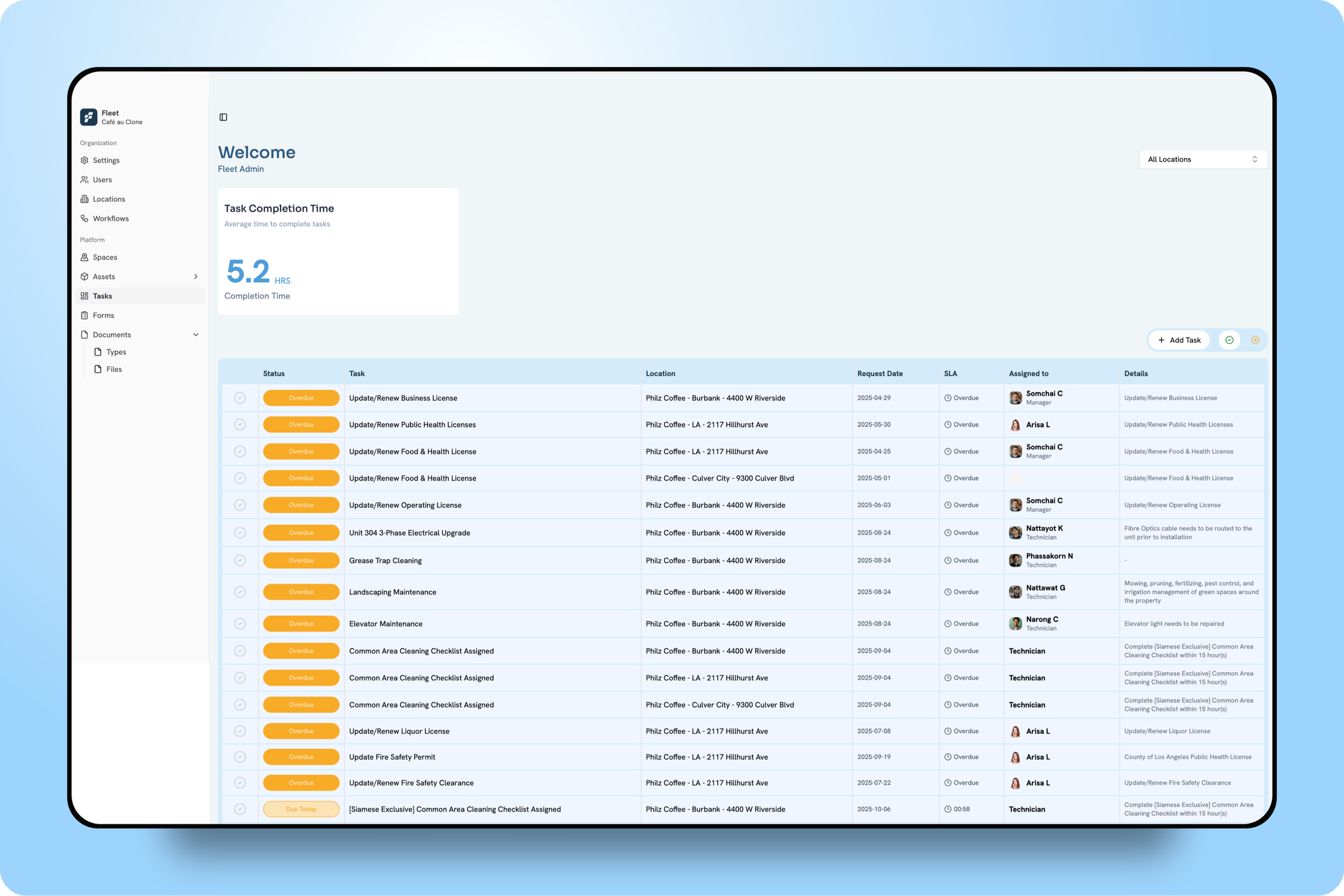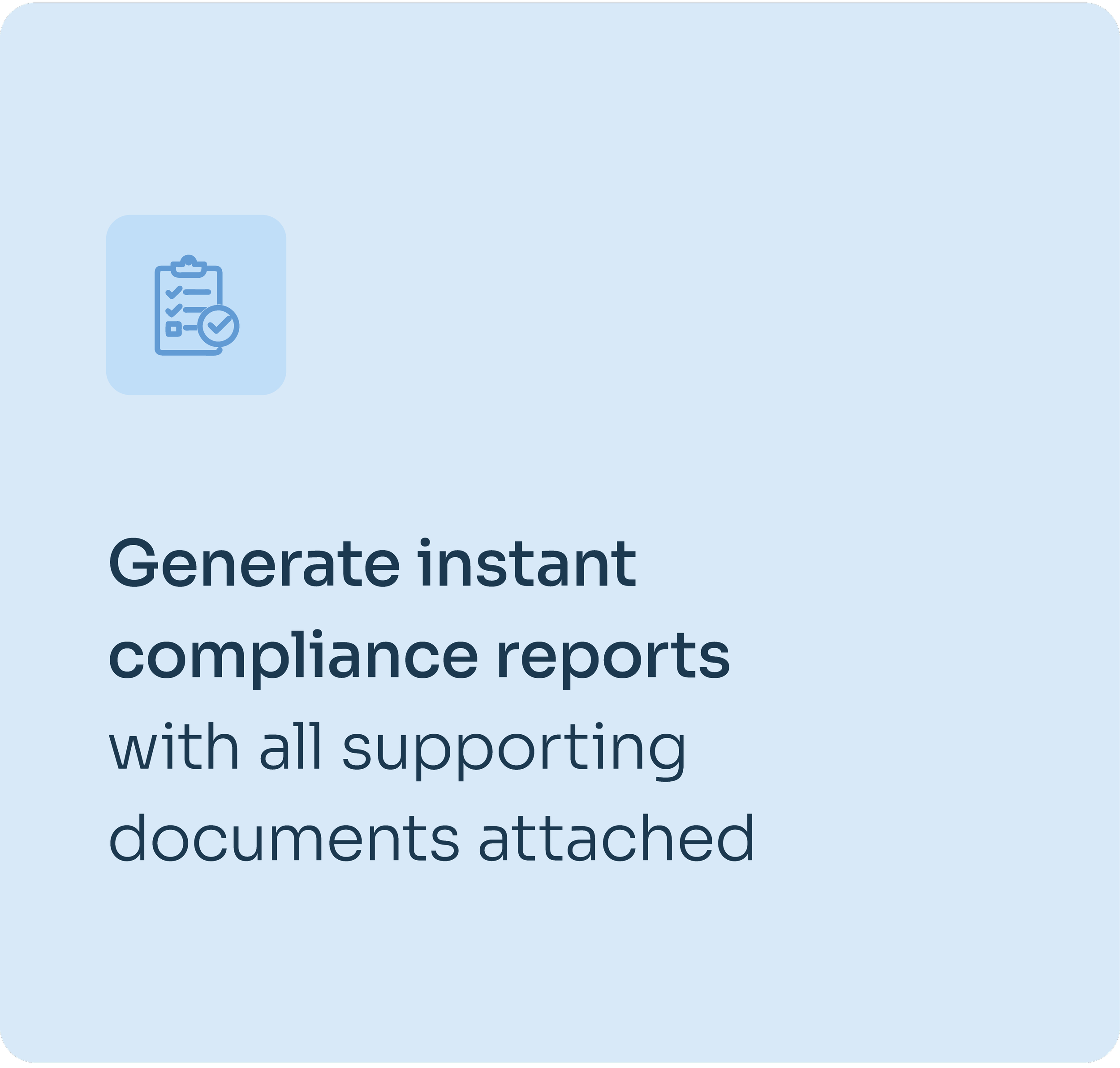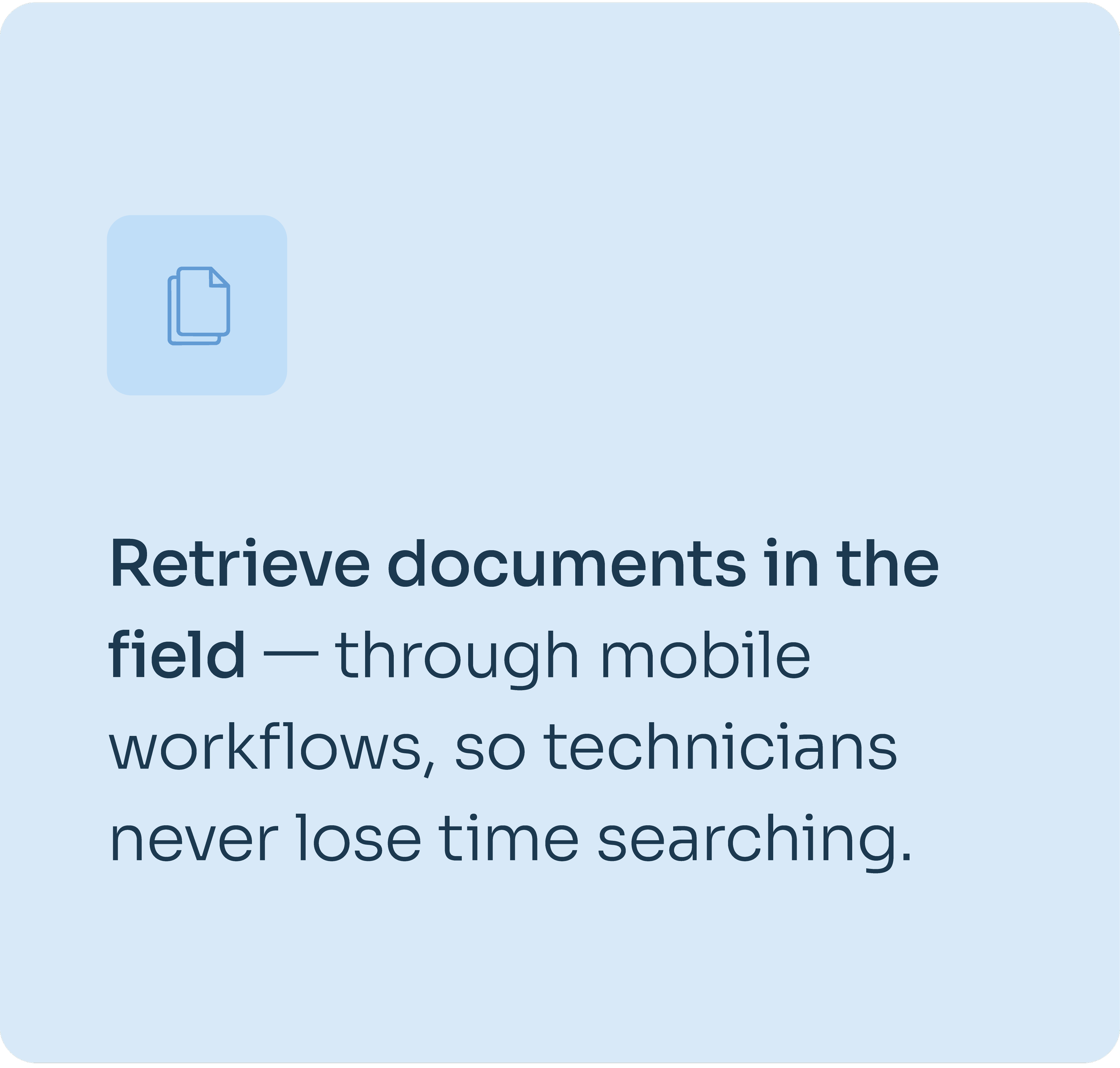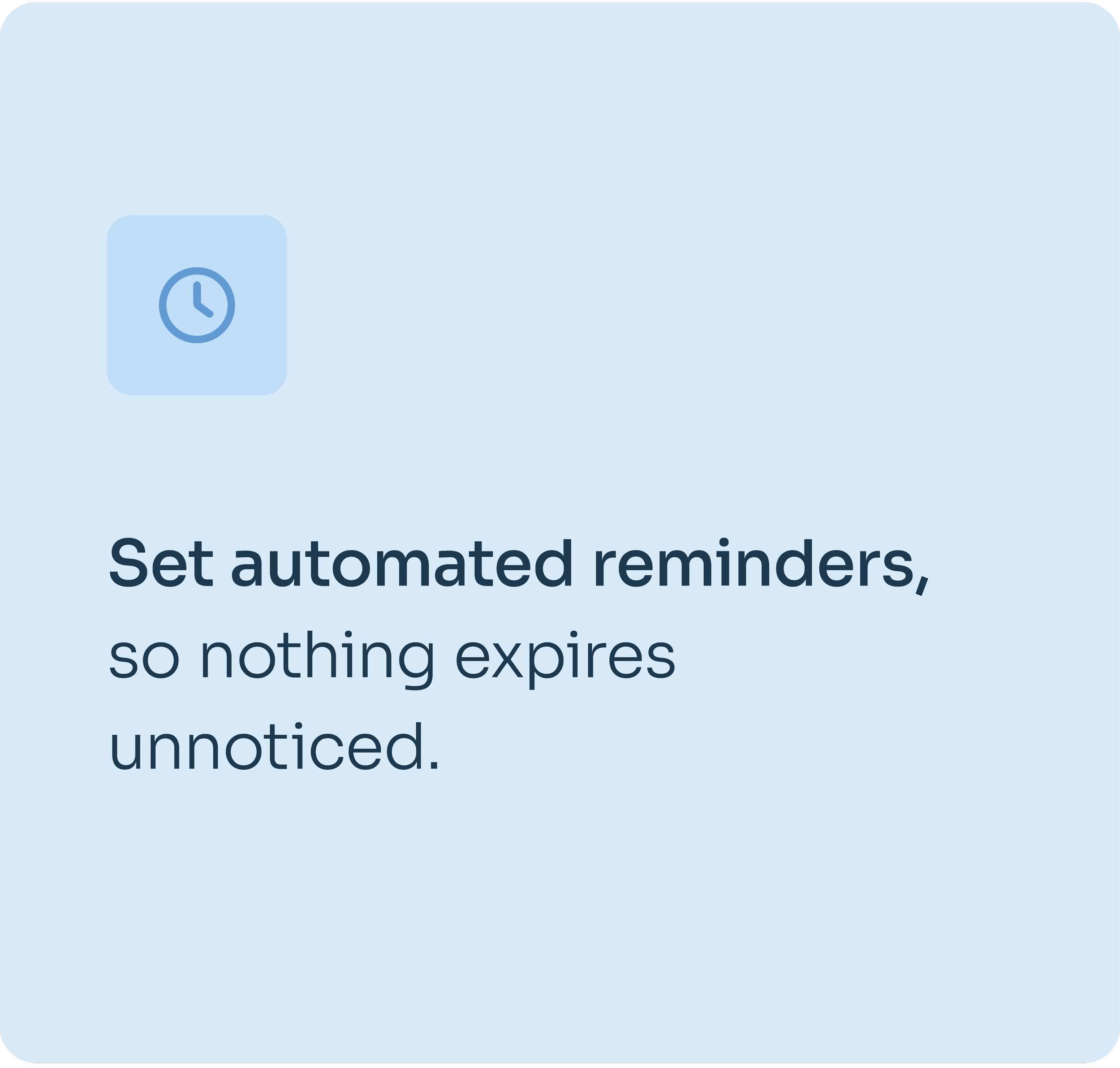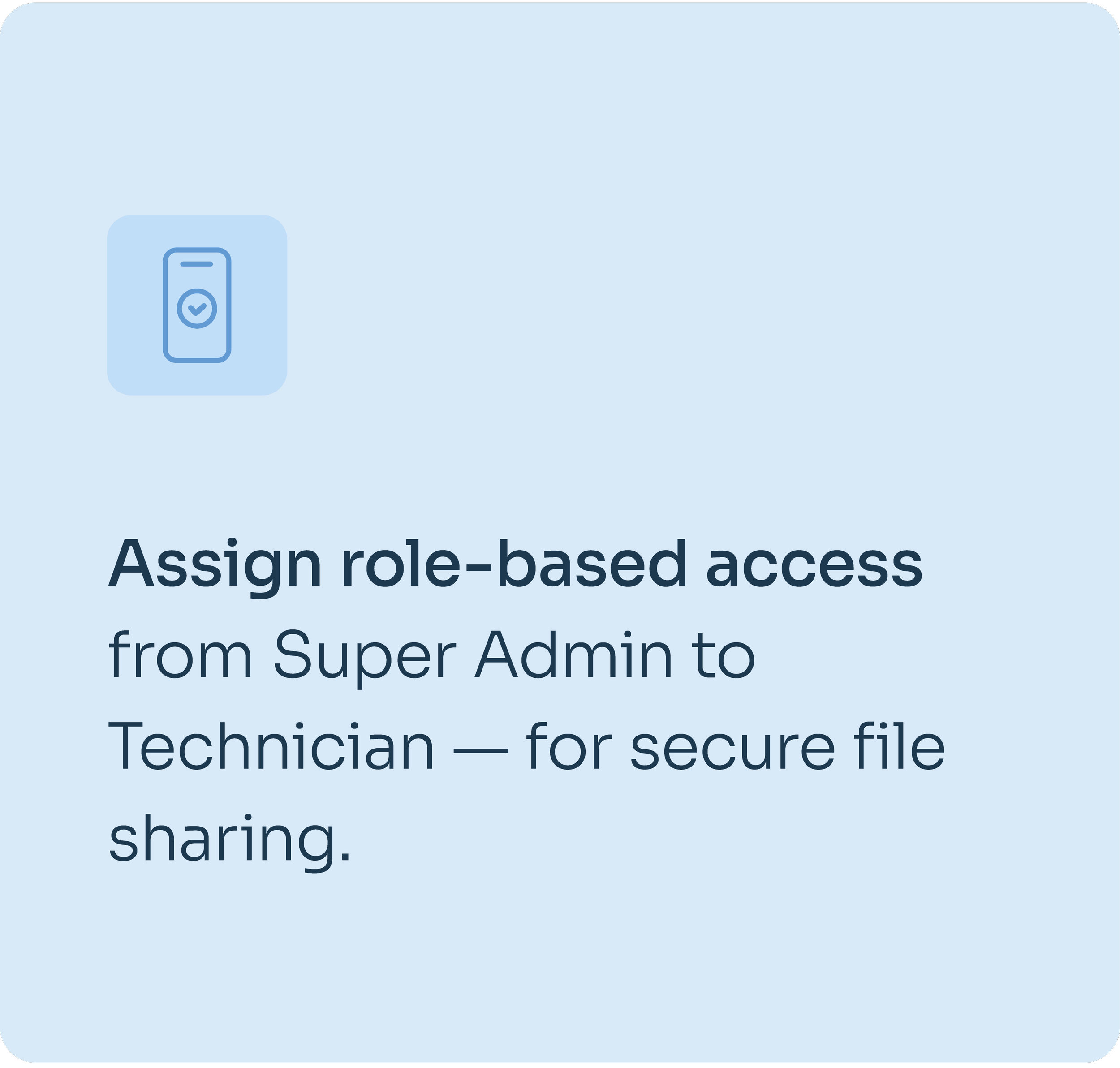From Spreadsheets to Efficiency: The Future of Document Management
Why Spreadsheets Fall Short for Real Estate Operations in 2025
For years, real estate teams have relied on familiar tools like Excel and Google Sheets to manage properties, track documents, and coordinate vendors. They’re simple, cheap, and widely available. But in 2025, spreadsheets are showing their limits.
With larger multi-site portfolios, tighter compliance standards, and increasing pressure to cut costs, spreadsheets are no longer enough. What looks like a “free” tool often creates hidden costs: lost productivity, higher repair bills, and compliance risks that eat directly into margins.
This is why more operators are rethinking their 2025 real estate tech stack: keeping only tools that drive efficiency and cutting outdated processes like manual spreadsheets.
The Spreadsheet Trap: Familiar but Flawed
Many real estate teams still run maintenance through spreadsheets, WhatsApp chats, or outdated CMMS tools. They seem “cheap” at first, but the real costs stack up quickly:
1. Lost Time in Manual Updates
Every property manager knows the pain of hunting through shared drives or email threads to find the latest version of a lease, inspection log, or vendor contract. A McKinsey study found that the average employee spends 20% of their workweek searching for documents. For a 10-person facilities team, that’s the equivalent of two full-time employees lost—just to file management.
2. Compliance Risks You Can’t Afford
From fire safety certifications to lease renewals, compliance deadlines are non-negotiable. But spreadsheets don’t provide reminders, audit trails, or accountability. A missed update could cost thousands in fines or delays, making document management software for real estate a necessity.
3. Scaling Portfolios Becomes Unsustainable
Adding one property to a spreadsheet might be easy. But adding 10? Or 70? Copy-pasting tabs and linking new files creates version chaos, data errors, and inevitable downtime. What worked for small portfolios cannot sustain enterprise-level property management operations.
The Hidden Costs of Manual Spreadsheets
Let’s break down the “hidden costs” of sticking with Excel or Google Sheets:
IDC research shows employees waste 1.8 hours a day searching for information—over 250 hours yearly, costing a team of eight nearly $80,000 in lost productivity
A missed inspection can cost $5K–$10K in fines or delays. Spreadsheets won’t alert you before permits expire—creating risks no growing portfolio can afford.
Reactive repairs cost up to 40% more (IFMA). Without automation, teams stay reactive—losing hours hunting for files like a missing HVAC warranty, multiplied across dozens of sites.
Scaling from 10 to 50 buildings? Spreadsheets multiply complexity. Manual copy-paste leads to errors that snowball into costly mistakes—slowing growth instead of supporting it.
What Modern Property Teams Need from Their Tech Stack
As portfolios scale, one of the biggest challenges is keeping documents under control. Contracts, leases, warranties, inspection reports, and compliance certificates often end up scattered across email threads or outdated folders. That’s why a 2025-ready tech stack must prioritize:
Centralized document management: a secure hub to store, organize, and search all property files.
Real-time reporting: compliance, SLA, and budget insights connected back to documentation.
Role-based access controls: ensuring admins, managers, and technicians see only what they need.
Automated task flows: preventive schedules, reminders, and renewal alerts linked to documents.
Mobile access: allowing technicians to pull manuals, service records, or inspection files on-site.
This shift away from spreadsheets is giving property teams one source of truth for every file they depend on.
Fleet: Built for Property-Heavy Teams
Fleet was designed to be that single source of truth. Beyond maintenance and asset tracking, its document management feature anchors the entire platform.
With Fleet, teams can:
Instead of chasing paperwork, your team works with confidence. Fleet turns documentation from a pain point into an operational advantage — saving time, reducing costs, and eliminating compliance risks.
Building Your 2025 Tech Stack: What to Keep, What to Cut
In 2025, the best-performing real estate teams are cutting spreadsheets and adopting integrated workplace management solutions (CMMS + document management).
Keep: centralized, automated platforms that consolidate property data.
Cut: manual spreadsheets and siloed tools that create inefficiencies.
Fleet ensures you have real-time visibility, compliance confidence, and operational scalability—all in one cloud-based system.
Conclusion: Don’t Let Spreadsheets Hold You Back
Excel and Google Sheets may seem free, but the hidden costs in wasted time, compliance failures, and reactive maintenance tell another story.
Fleet transforms property operations by consolidating documents, assets, maintenance, and compliance in one platform. For real estate teams managing dozens—or hundreds—of sites, spreadsheets simply can’t keep up.




